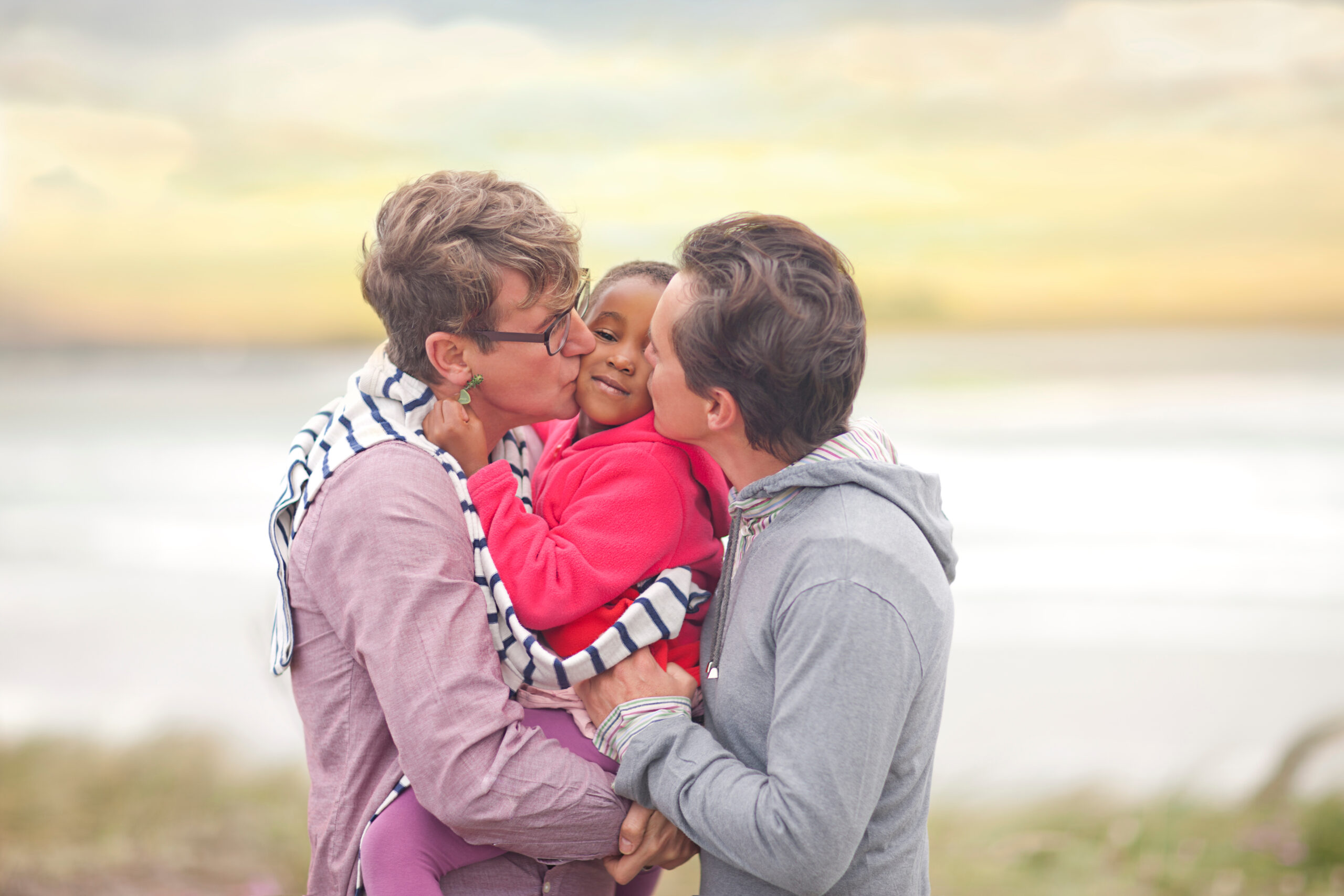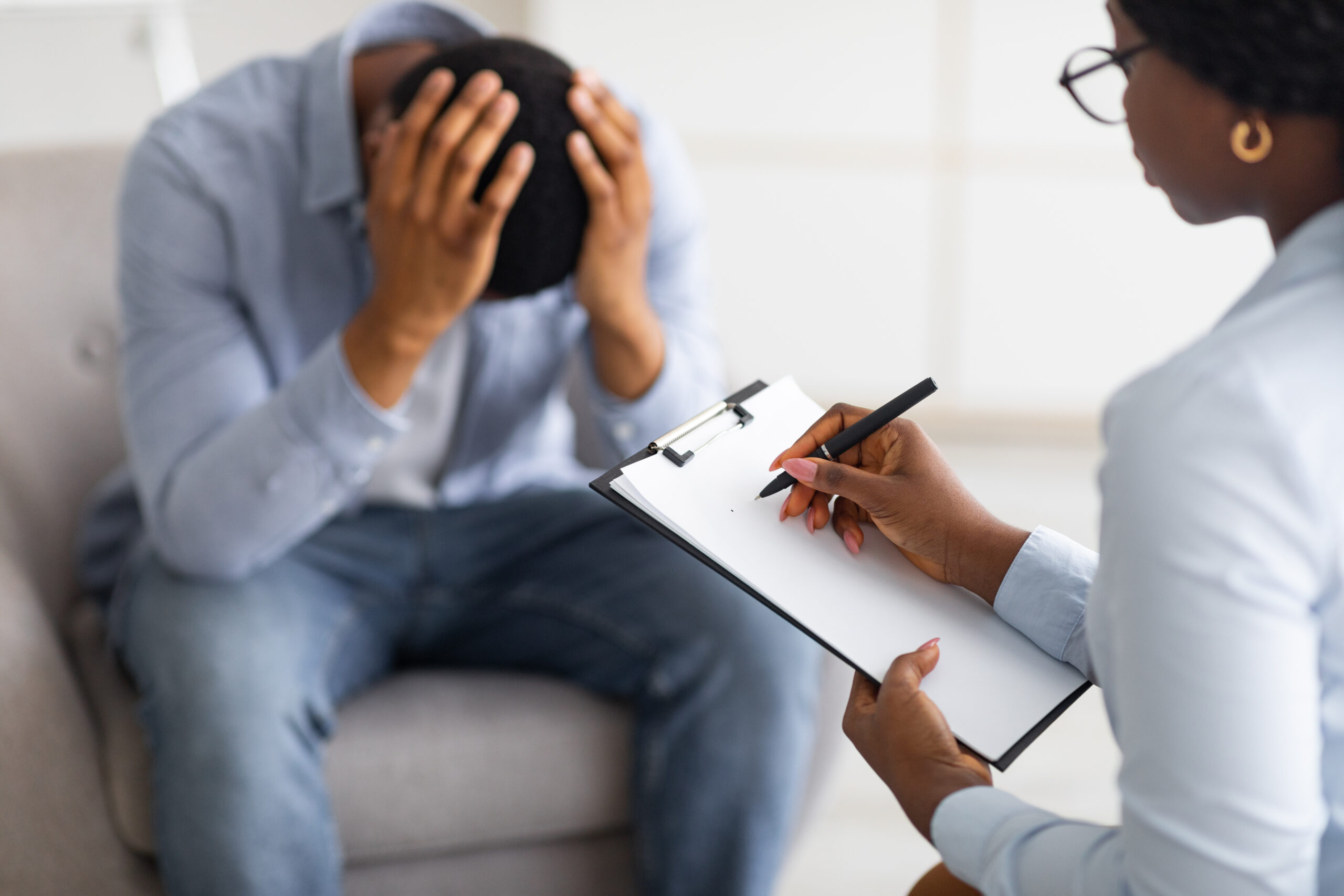Drug addiction and overdose often go hand in hand; it is hardly a question of if as much as it is a question of when. Many people perish from their addiction before they ever give recovery a chance or have an opportunity to work a program of any kind. While prescription medications have become the leading cause of overdose in the United States, heroin abuse is still a major concern in a number of cities across the country. The alarm with heroin is not as much about more people developing a dependence as it is about those already addicted overdosing and perishing. In Boston a controversial program has shown much promise in the realm of keeping addicts alive, giving organizations more time to work towards channeling addicts into recovery circles.
Since 2006, the Boston health officials have distributed the overdose drug Narcan to 2,080 people and have recorded 215 cases in which overdoses were reversed, a city health official said yesterday to the Boston Globe. The death rate among heroin addicts dropped by 32 percent between 2007 and 2008, the most recent year for which data is available. Narcan is not handed out to give addicts a “get out jail free card”, so to speak, rather it is about giving addicts a second chance after an overdose to reevaluate their life and what they want out of it.
“This is one of the first times I have felt that we have found something that has had a quick and immediate impact on the mortality rate, and can keep people safe, while we work to connect them with treatment,’’ said Rita Nieves, director for addiction, prevention, treatment, and recovery services at the commission.
State officials are getting ready to announce in September, since 2006, at least 1,000 overdoses statewide have been reversed, said Andy Epstein, who piloted the program in Boston and is now a special assistant to Massachusetts’ public health commissioner. This program has given health workers the ability to start a dialogue with addicts who may be interested in changing their lives and might want to start down the road to recovery. It can be difficult grabbing the attention of addicts on the streets; those who come in for the emergency Narcan kit enter an open forum with those in the recovery field – a feat in itself.
The program provides emergency kits not only to drug addicts; family members of addicts and police officers who sometimes arrive at overdose scenes before paramedics are also receiving the kits.
Source:
Boston Globe







